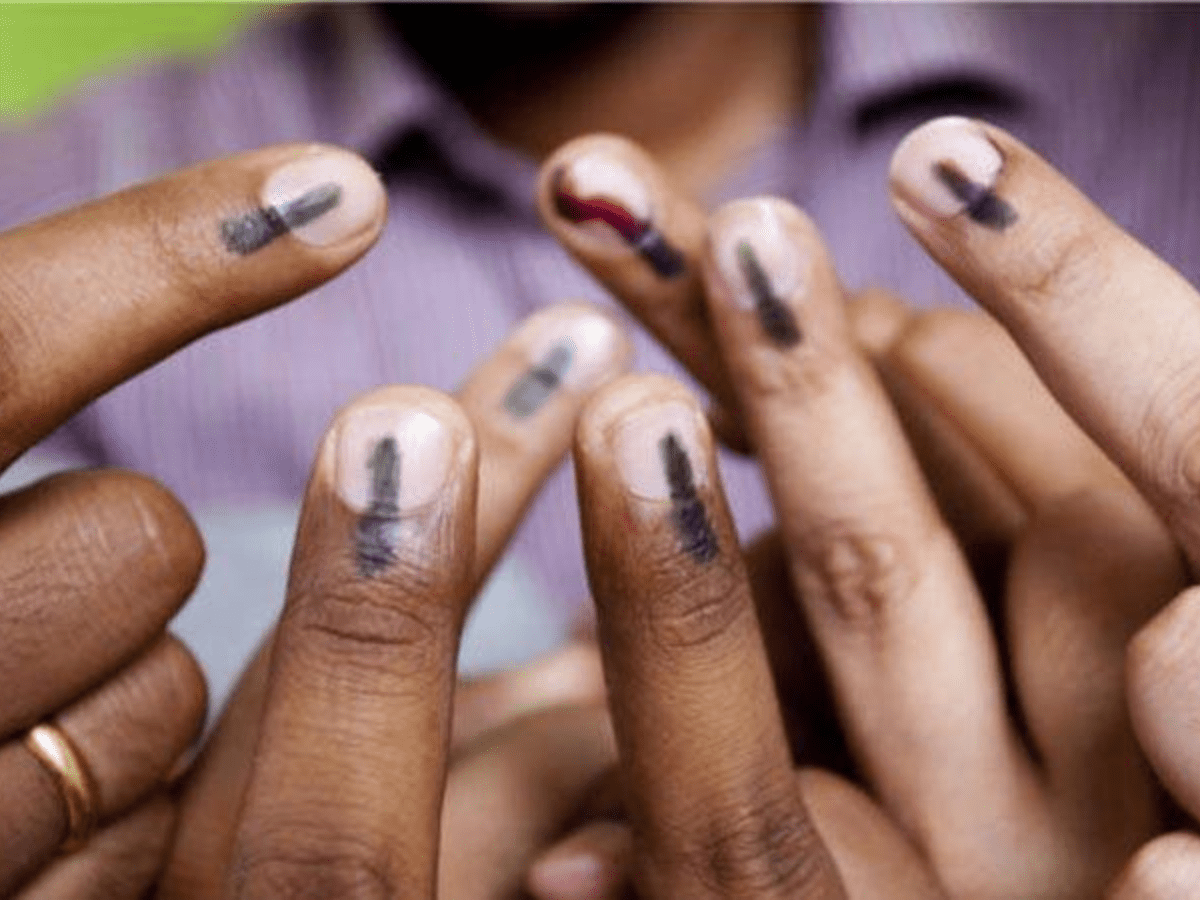
New Delhi: BJP leader and practicing lawyer Ashwini Kumar Upadhyay moved a Public Interest Litigation (PIL) in the Delhi High Court on Wednesday seeking compulsory voting in Parliament and Assembly elections.
With an aim to increase the voters’ turnout, promote political participation, improve the quality of democracy and to secure the right to vote, the petitioner also sought direction from the Law Commission to prepare a report on ‘Compulsory Voting’.
According to his plea, the low voter turnout is a persistent problem in India and compulsory voting can help resolve this, particularly among marginalised communities.
“It ensures that every citizen has a voice and that the government is representative of the people’s wishes. When voter turnout is high, the government is more accountable to the people and is more likely to act in their best interests,” the PIL stated.
“Compulsory voting ensures that the elected representatives are chosen by a larger and more representative group of people. This increases the legitimacy of the government and enhances the quality of democracy,” the plea further stated.
It has been said that when voter turnout is low, the government may not be representative of the people’s wishes, and this can lead to a lack of trust in the democratic process.
“Compulsory voting can help to ensure that the government is truly representative of the people,” it said.
The plea further stated that ‘Compulsory Voting’ is in practice in many countries.
“The Constitution provides for the right to vote as a fundamental right under Article 326. This right is subject to reasonable restrictions imposed by law. Compulsory voting can be implemented as reasonable restriction in the interest of ensuring the smooth functioning of democracy. The Supreme Court has also held that the right to vote is a statutory right, and the government has the power to impose reasonable restrictions on this right,” it added.



